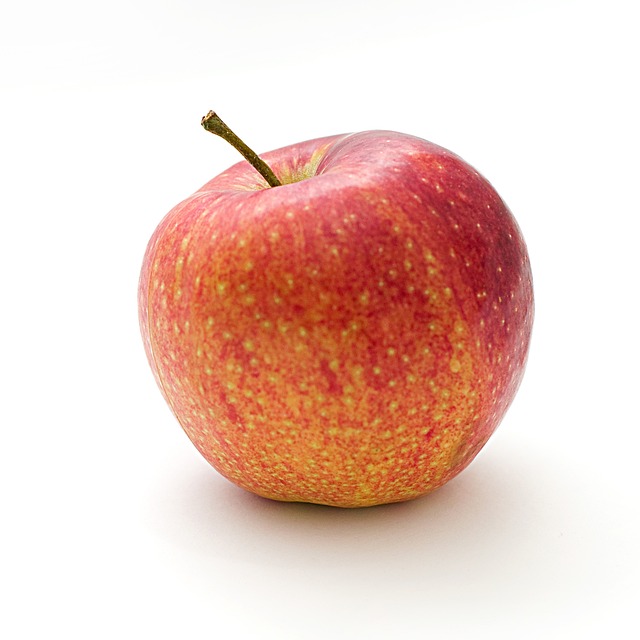Beyond Yogurt: Surprising Sources of Probiotics for a Healthier You
In recent years, the popularity of probiotics has soared, and for good reason. These beneficial bacteria are known to promote a healthy gut and have a positive impact on overall well-being. While yogurt has long been touted as a go-to source for probiotics, there are many other surprising sources that can provide you with these beneficial microorganisms. Let’s explore some of these alternative sources and discover how they can contribute to a healthier you.
1. Kombucha
Kombucha is a fizzy, fermented tea that has been gaining popularity in health-conscious circles. Not only is it delicious, but it is also a fantastic source of probiotics. This ancient beverage is made through the fermentation of tea by a symbiotic culture of bacteria and yeast (SCOBY). The end result is a bubbly drink that is packed with beneficial bacteria and yeasts, known as probiotics.
2. Sauerkraut
Sauerkraut, a fermented cabbage dish, is a staple in many cuisines around the world. Apart from its tangy flavor, sauerkraut is also an excellent source of probiotics. During the fermentation process, the naturally occurring sugars in cabbage are converted into lactic acid by bacteria, resulting in a tangy and probiotic-rich food. Incorporating sauerkraut into your diet can help improve digestion and support a healthy gut flora.
3. Miso
Miso, a traditional Japanese seasoning, is made from fermented soybeans, rice, or barley. It is commonly used in soups, marinades, and dressings. Miso is brimming with beneficial bacteria that aid in digestion and promote good gut health. Apart from probiotics, miso also contains essential nutrients, including vitamins, minerals, and antioxidants.
4. Kimchi
Kimchi, a Korean staple, is a fermented side dish made from cabbage and a variety of other vegetables. Just like sauerkraut, kimchi undergoes the process of lacto-fermentation, which enhances its probiotic content. It is not only a flavorful addition to meals but also a great source of vitamins, minerals, and dietary fiber.
5. Tempeh
Tempeh is a traditional Indonesian food made from fermented soybeans. During the fermentation process, a fungus called Rhizopus oligosporus forms a solid cake-like structure, which is then cooked and incorporated into various dishes. This fermentation process helps break down the phytic acid present in soybeans, making it easier for the body to absorb essential minerals. Tempeh is rich in probiotics and is a popular plant-based protein source.
6. Pickles
Crunchy, tangy pickles are not only a tasty addition to burgers and sandwiches but also a surprisingly good source of probiotics. Pickling cucumbers involves the fermentation of cucumbers in a brine solution, resulting in their signature tart flavor. The fermentation process increases the probiotic content of pickles, making them a healthy and refreshing snack option.
7. Non-Dairy Probiotic Options
For those who follow a dairy-free diet, there are still plenty of ways to incorporate probiotics into your meals. Fermented foods like coconut milk yogurt, almond milk kefir, and soy milk-based probiotic drinks are becoming more readily available. These non-dairy options provide a range of beneficial bacteria strains, allowing individuals with dietary restrictions to also reap the benefits of probiotics.
Conclusion
While yogurt is often the first thing that comes to mind when we think of probiotics, there are numerous other surprising sources of these beneficial bacteria. Incorporating foods like kombucha, sauerkraut, miso, kimchi, tempeh, pickles, and non-dairy alternatives into your diet can boost the probiotic levels in your gut and contribute to a healthier you. Experiment with these flavorful options and enjoy the benefits of a diverse microbiome!







